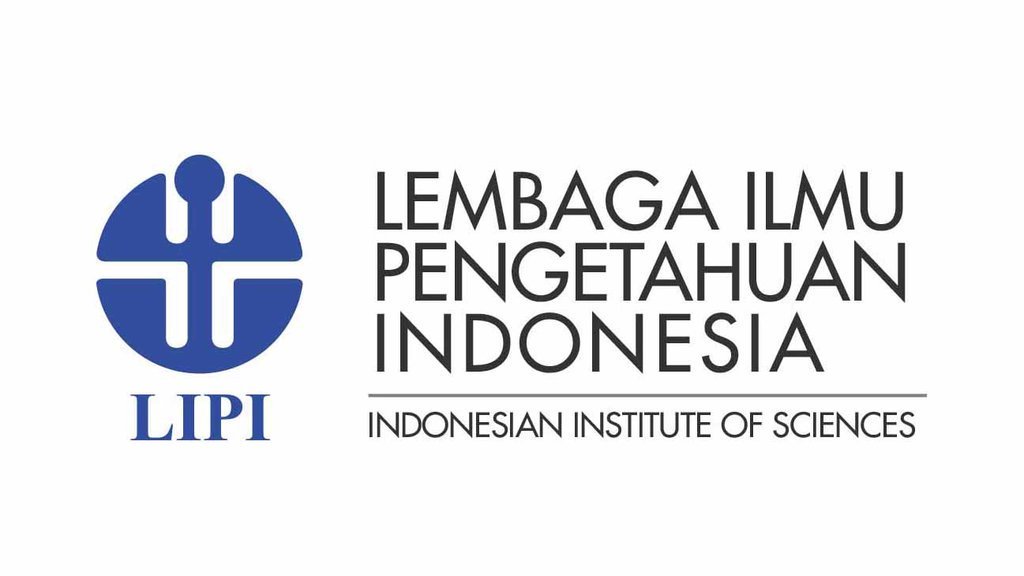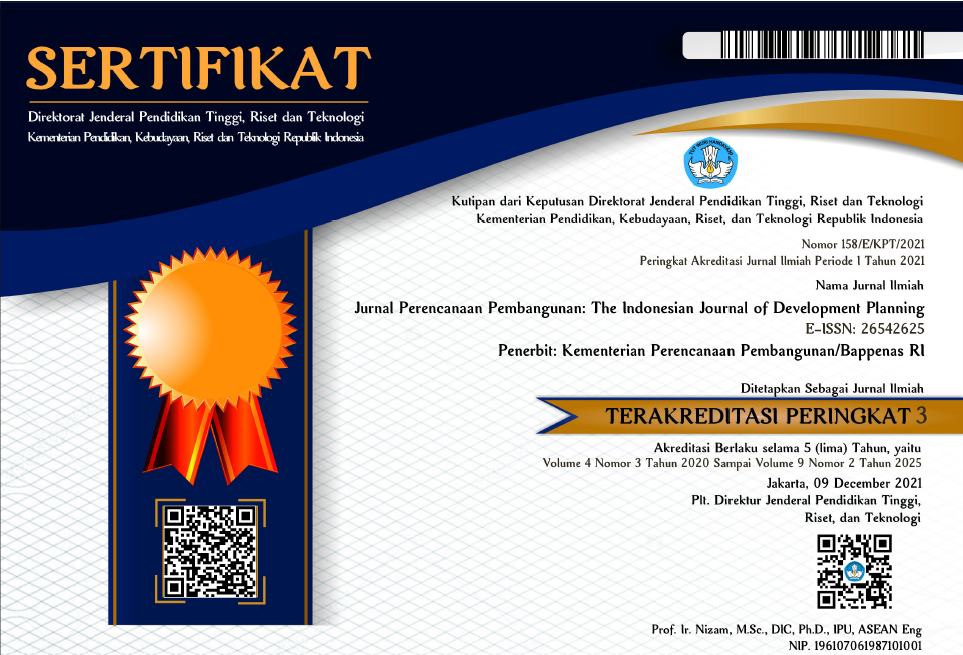Measuring the Impact of Tax Inspection on Firms' Performance
DOI:
https://doi.org/10.36574/jpp.v5i2.199Keywords:
tax inspection, tax compliance, managerial benefit, firms' performance, entropy balancingAbstract
The tax compliance problem is an imminent issue in a self-assessment taxation system in Indonesia. Tax audit is an important tool used by the tax authority to address the problem. Several studies showed that tax inspection might change the behavior of the taxpayers. Therefore, it is interesting to see how tax inspection will affect taxpayers' behavior related to their subjective measure of firms' performance. This research uses the difference-in-difference approach combine with the entropy balancing method to estimate the causal impact of tax inspection on firms’ performance. The findings showed that the inspected firms showed an increase in their perception of capital utilization which can be explained using tax evasion model or managerial benefits concept.
Downloads
References
Allingham, M. G., & Sandmo, A. (1972). Income Tax Evasion: A Theoretical Analysis. 16.
Bachas, P., Jaef, R. N. F., & Jensen, A. (2018). Size-Dependent Tax Enforcement and Compliance: Global Evidence and Aggregate Implications. 66.
Callaway, B., & Sant’Anna, PH. (2020). Introduction to DiD with Multiple Time Periods. R-Projects. Available from
https://cran.r-project.org/web/packages/did/vignettes/multi-period-did.html [Accessed March 31, 2021]
DeBacker, J., Heim, B. T., Tran, A., & Yuskavage, A. (2018). Once Bitten, Twice Shy? The Lasting Impact of Enforcement on Tax Compliance. The Journal of Law and Economics, 61(1): 1–35. https://doi.org/10.1086/697683
Directorate General of Taxes. (2019). Laporan Kinerja Direktorat Jenderal Pajak 2018. Directorate General of Taxes, Jakarta.
Directorate General of Taxes. (2020). Laporan Kinerja Direktorat Jenderal Pajak 2019. Directorate General of Taxes, Jakarta.
Hainmueller, J. (2012). Entropy Balancing for Causal Effects: A Multivariate Reweighting Method to Produce Balanced Samples in Observational Studies. Political Analysis, 20(1), 25–46. https://doi.org/10.1093/pan/mpr025
Hainmueller, J., & Xu, Y. (2013). ebalance: A Stata Package for Entropy Balancing. 19.
Khandker, S., B. Koolwal, G., & Samad, H. (2009). Handbook on Impact Evaluation: Quantitative Methods and Practices. The World Bank. https://doi.org/10.1596/978-0-8213-8028-4
Lignier, P. (2006). The cost and benefits of complying with the tax system and their impact on the financial management of the small firm. Journal of the Australasian tax teacher association, vol.2 no.1.
Lignier, P. (2009). Measuring the managerial benefits of tax compliance: A fresh approach. Australian Tax Forum: a journal of taxation policy, law and reform, 24(2), 117-151.
Nugroho, A., & Nuryakin, C. (2019). Do Tax Audit Increase Post-Audit Reported Income? Evidence from Indonesia. Proceedings of the Proceedings of the 1st Sampoerna University-AFBE International Conference, SU-AFBE 2018, 6-7 December 2018, Jakarta Indonesia. Proceedings of the 1st Sampoerna University-AFBE International Conference, SU-AFBE 2018, 6-7 December 2018, Jakarta Indonesia, Jakarta, Indonesia. https://doi.org/10.4108/eai.6-12-2018.2286273
Organisation for Economic Co-operation and Development. (2006). Strengthening Tax Audit Capabilities: General Principles and Approaches. OECD, Paris.
Ratto, M., Thomas, R., & Ulph, D. (2013). The Indirect Effects of Auditing Taxpayers. Public Finance Review, 41(3), 317–333. https://doi.org/10.1177/1091142112448414
Slemrod, J., Blumenthal, M., & Christian, C. (2001). Taxpayer response to an increased probability of audit: Evidence from a controlled experiment in Minnesota. Journal of Public Economics, 79(3), 455–483. https://doi.org/10.1016/S0047-2727(99)00107-3
Vij, S., & Bedi, H. S. (2016). Are subjective business performance measures justified? International Journal of Productivity and Performance Management, 65(5), 603–621. https://doi.org/10.1108/IJPPM-12-2014-0196
Wall, T. D., Michie, J., Patterson, M., Wood, S. J., Sheehan, M., Clegg, C. W., & West, M. (2004). ON THE VALIDITY OF SUBJECTIVE MEASURES OF COMPANY PERFORMANCE. Personnel Psychology, 57(1), 95–118. https://doi.org/10.1111/j.1744-6570.2004.tb02485.x
Williams, C. (2020). Evaluating Public Administration Approaches towards Tax Non-Compliance in Europe. Administrative Sciences, 10(3), 43. https://doi.org/10.3390/admsci10030043
Downloads
Published
How to Cite
Issue
Section
License
This is an open-access article distributed under the terms of the Creative Commons Attribution-NonCommercial-ShareAlike 4.0 International License. Copyright © Kementerian PPN/Bappenas RI


















